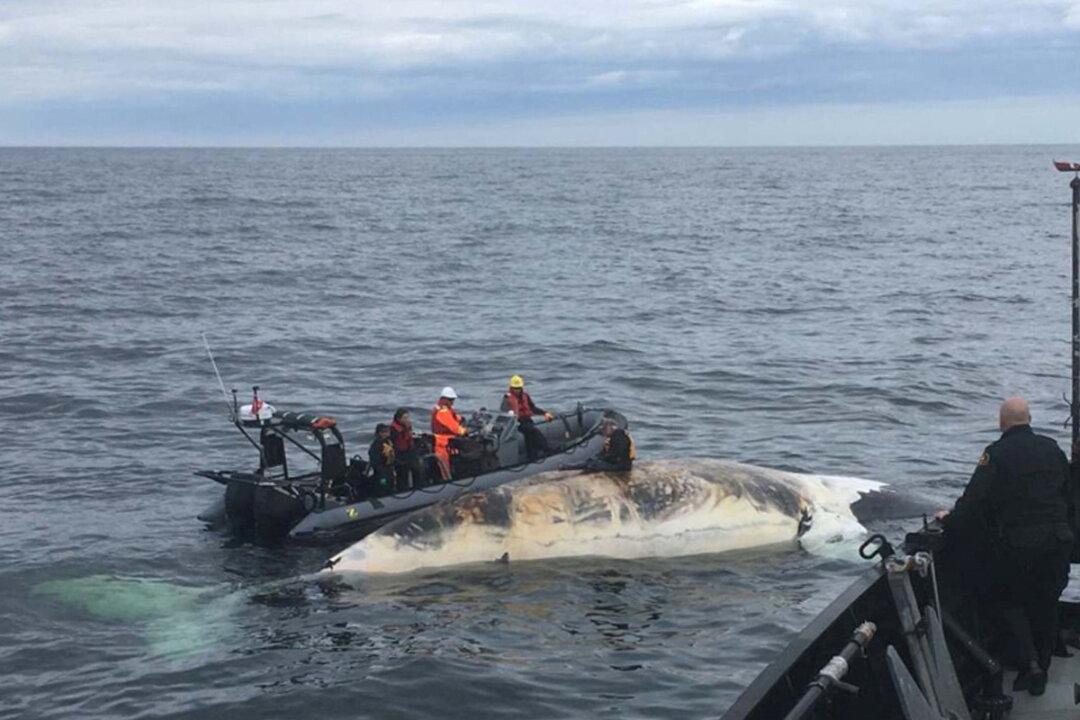U.S. commercial fishing practices must change to prevent the extinction of North Atlantic right whales, the administration of President Joe Biden said on Thursday, as it prepares a list of new regulations to prevent whale entanglements in lobster and crab gear.
The scientific assessment from the National Oceanographic and Atmospheric Administration’s fisheries unit is a milestone in finalizing a handful of proposed reforms of commercial fishermen mainly intended to reduce the amount of vertical rope in whale habitat.





